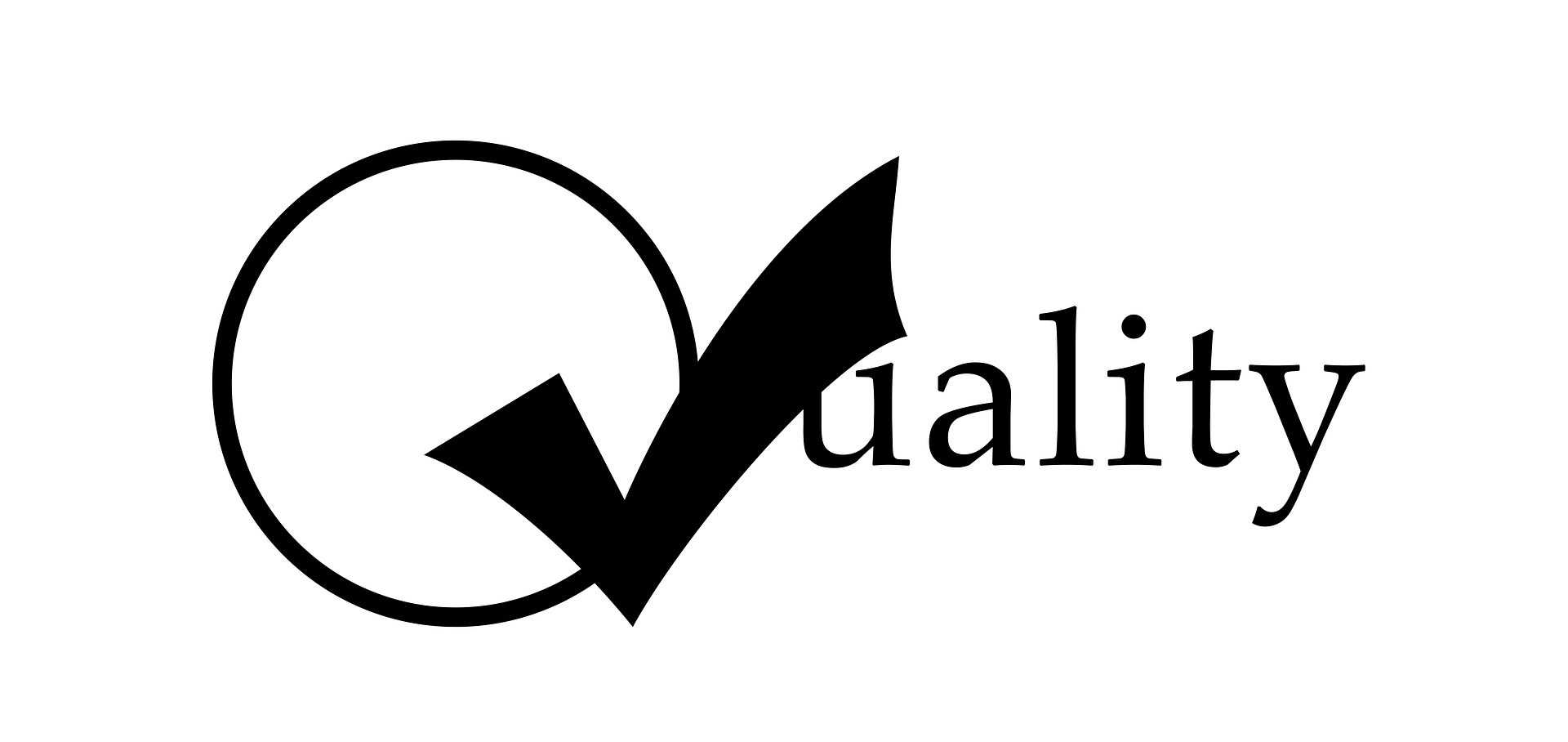Benchmarking is a methodology used to measure a company’s performance using a specific indicator, such as cost, productivity, processes, or defects, compared to other companies or industries. The word in English means, comparative evaluation, that is, it is a methodology for comparing processes and performance metrics of a business with the best market practices of other companies, thus discovering opportunities for improvement.
It may be a one-time event, but it is often treated as an ongoing process where organizations constantly seek to improve their practices. Although it is very common in areas of quality, benchmarking can also be used in the areas of marketing, finance, human resources, and even strategy.
Some organizations use internal benchmarking to improve performance across different departments. Managers can study and emulate the best practices of a specific department and apply them to their own team, these changes can generate internal improvements.
In addition to internal benchmarking, we will here highlight the advantages of external practice, that is, the comparison between companies. Its main idea is to identify problem areas, the selection of the main competitors, for example, that stands out when a company falls short of expectations and makes the necessary changes. There are several important advantages to using this methodology in an organization.
What are the advantages of benchmarking for your company?
A better understanding of what makes a business successful
Benchmarking can give you a better perspective on where you are versus where you want to be. The challenge is to understand why successful companies are where they are and, without a doubt, work to bridge the gap between you and your competition.
Improve product quality
Sometimes managers buy products from major competitors in order to test them. They can then sort them out, study them, and determine how competitors’ products outlast others in the industry. Chemical engineers, for example, can study food or cleaning products in a similar way. They can then compare various elements contained in competitive products with their own product line. Subsequently, improvements can be made in quality. The same goes for service or marketing sectors.
Open doors to new opportunities
Comparing key points with industry targets can be an incentive to drive the productivity and innovation needed to surpass these averages. This process often creates new challenges for companies, leading directly to an action plan: rather than simply highlighting problem areas, it carries out a rigorous review of processes and metrics.
Increase your sales and profits
A company that uses benchmarking to improve its functions, operations, products and services can see increases in sales and profits. Customers will likely notice these improvements. The company can also promote improvements through the company’s disclosure channels or its sales representatives. The methodology helps companies focus on essential resources to create strategic advantages.
In addition, there are other benefits that the methodology brings to your company, such as:
Higher levels of customer satisfaction;
Increase in market share;
Lower product costs
Higher productivity growth.
What are practical examples of benchmarking?
Let’s say you are an event producer and are looking for sponsors. The first thing your sponsor wants to know is how you stand out from others.
Because you’ve researched the performance of other events in advance, you can speak eloquently and intelligently about the average audience that attends the events you produce, compared to others.
You can discuss the average results, and show your best events, and what they brought positive for the sponsor as you already knew what he was looking for with the sponsorship.
All of this will help you show your potential customer that your product is worth it.
Did you realize that this example also serves from job interviews to reach the final consumer? Benchmarking can be used for different situations.
It doesn’t matter what industry you are in. Industry-specific benchmarking allows you to team up with other companies and improve your organization. Several companies are creating incredible partnerships where their products complement each other and thus both gain in user experience.
Some feel that benchmarking can limit an organization’s true potential by focusing on how well its competitors are doing. But it is necessary, in addition to observing, to act.
With the learnings from this research, you need to assess what makes sense for your company and what can be adapted for use.

Comment here